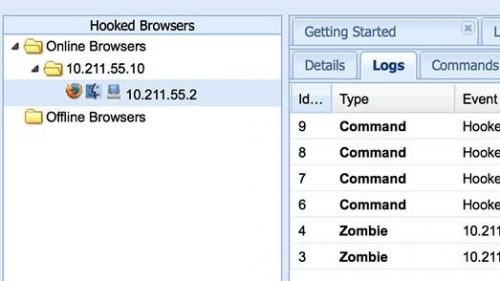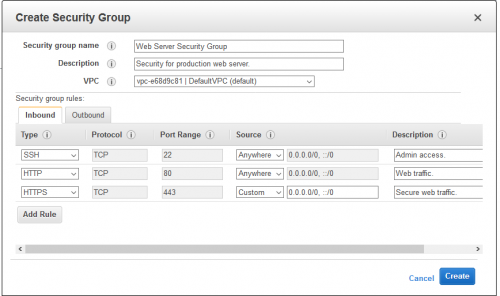“The Birth And Death Of Privacy: 3,000 Years of History Told Through 46 Images” is a rather extensive look at the history of privacy.
Privacy, as we understand it, is only about 150 years old. Humans do have an instinctual desire for privacy. However, for 3,000 years, cultures have nearly always prioritized convenience and wealth over privacy.
I said “there is no such thing as privacy, and there never was” way too many times. But I never had to go deep into the subject to defend it. This article, on the other hand, does a much better job defending the argument than I ever cared to.

